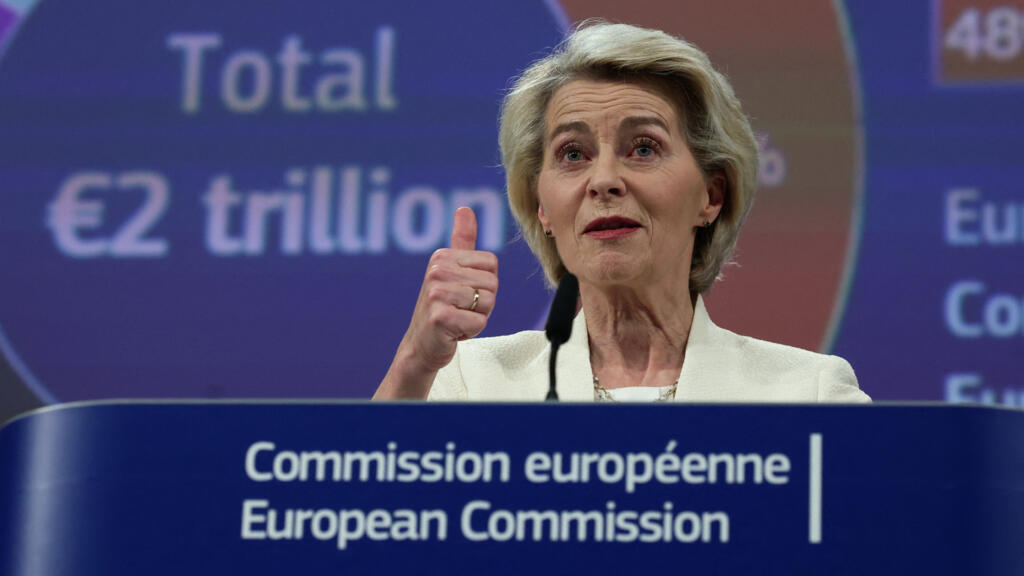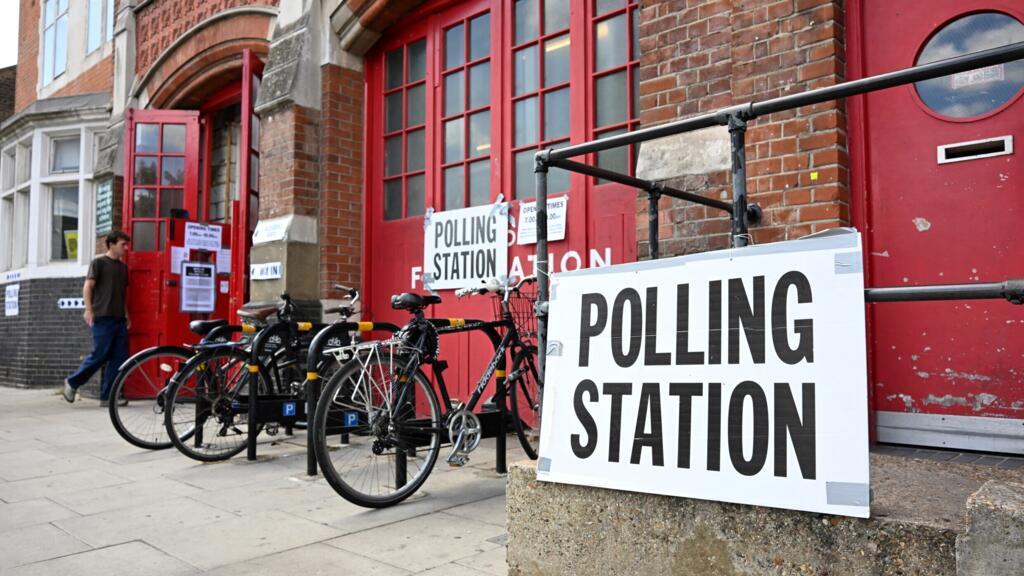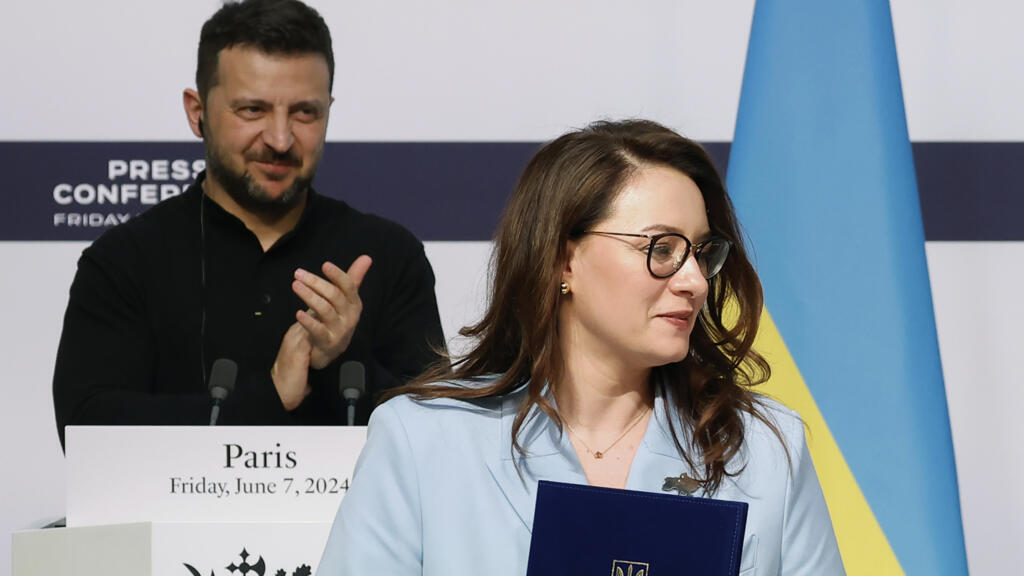Ursula von der Leyen Proposes Ambitious €2 Trillion Budget Amidst Global Challenges
On Wednesday, Ursula von der Leyen, the President of the European Commission, unveiled a groundbreaking proposal for a €2 trillion ($2.3 trillion) budget covering the period from 2028 to 2034. This ambitious financial plan aims to bolster the European Union’s (EU) position against increasing global competition and to address threats arising from Russian aggression. Von der Leyen's proposal reflects a strategic effort to enhance the EU’s economic resilience and political stability during tumultuous times.
The budget is intended to fund a wide range of initiatives designed to modernize Europe’s economy and strengthen its global competitiveness. With a focus on innovation, technology, and sustainable development, the proposed financial framework seeks to ensure that the EU can effectively respond to both external pressures and internal challenges. The plan emphasizes investment in digital infrastructure, green technologies, and defense capabilities, which are crucial for maintaining the region's competitive edge on the world stage.
However, the proposal faced significant pushback from Germany, the EU’s largest economy. German officials have labeled the budget as "unacceptable," expressing concerns about the scale of the spending and the potential impact it may have on national contributions and fiscal responsibility within the union. Germany’s skepticism underscores the delicate balance the EU must strike between ambitious funding initiatives and the financial realities faced by member states, especially amidst ongoing economic uncertainties.
Despite the skepticism from Germany, von der Leyen argued that the proposed budget is not only necessary but also a strategic investment in Europe’s future. She pointed to the recent geopolitical shifts, including heightened tensions with Russia, as a catalyst for the need to invest substantially in defense and security. The proposal includes provisions for enhanced military spending, reflecting the growing recognition that Europe must take greater responsibility for its own defense in light of global instability.
Additionally, the budget proposal aims to address pressing social issues, such as climate change and social inequality. Von der Leyen has been a strong proponent of the EU's Green Deal, which aims to make Europe the first climate-neutral continent by 2050. The financial plan allocates substantial resources to renewable energy projects, climate resilience initiatives, and green technological advancements. This commitment signifies the EU's recognition of the urgency of tackling climate change alongside addressing economic and security challenges.
The ambitious nature of von der Leyen’s budget has sparked discussions among EU member states about the future of fiscal policy and collaborative governance within the union. While some countries may welcome the significant investment, others remain cautious about potential increases in financial obligations. The debate surrounding the budget proposal is likely to intensify as EU leaders prepare for negotiations and discussions in upcoming summits.
As the European political landscape evolves, the outcome of this budget proposal will play a critical role in shaping the EU's short- and long-term strategic direction. The delicate interplay between ambition and fiscal pragmatism will become a focal point for decision-makers and stakeholders alike as they navigate the complexities of geopolitical challenges and economic recovery.
In conclusion, Ursula von der Leyen's proposed €2 trillion budget for 2028-2034 represents a pivotal moment for the European Union as it seeks to fortify its global standing and address emerging threats. However, the mixed reactions from member states, particularly Germany, highlight the challenges ahead in achieving consensus on this ambitious financial plan.












